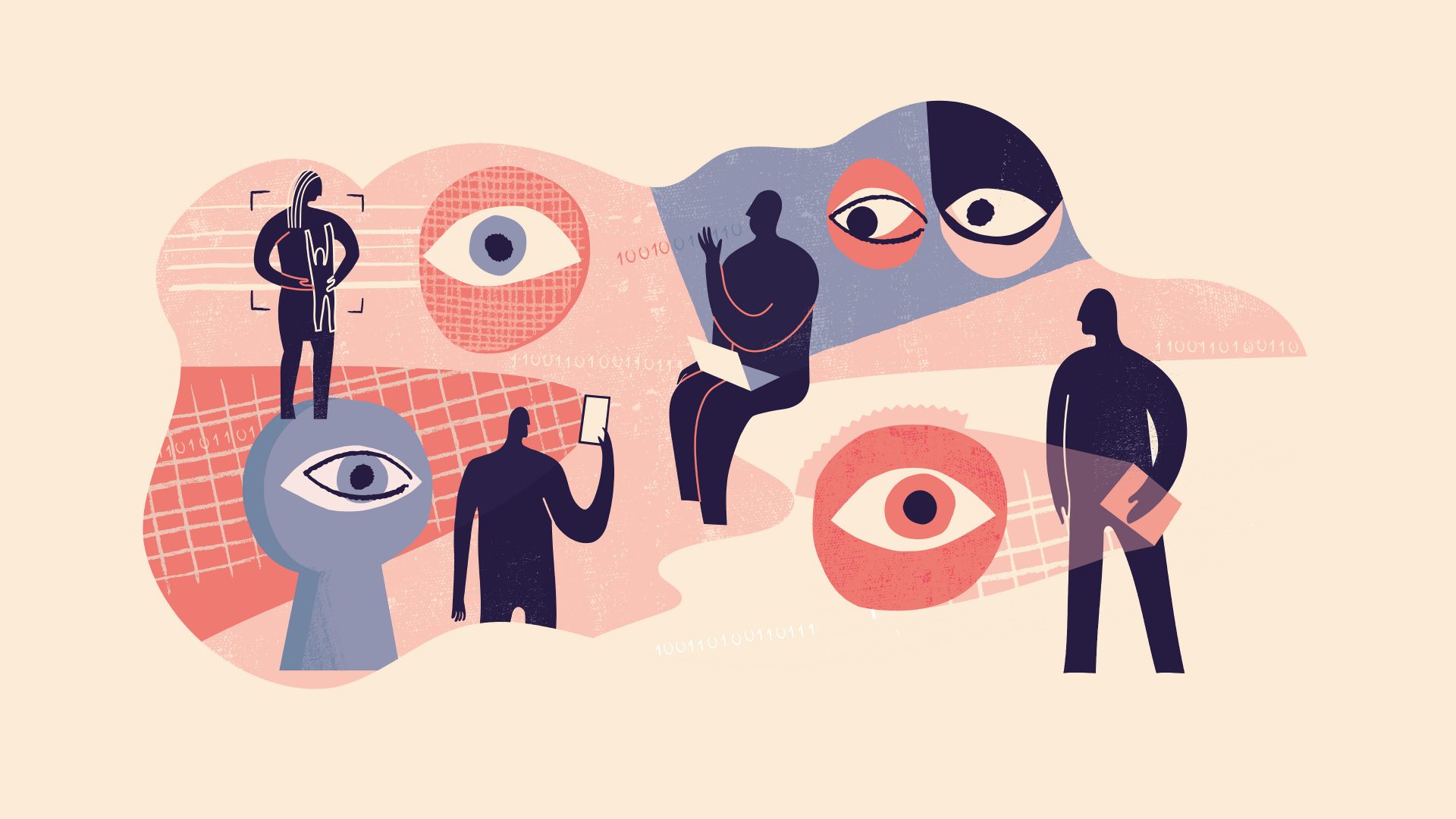It was the week the new census informed us that one in six people living in England and Wales were born outside the UK, while for the first time in recorded history – if not irreligious actuality – more than half of the population no longer identify as Christians. I found myself in a north-west
English university town which, while it may have had a significant number of foreign-born residents, nonetheless was revealing a very pale face to the world indeed.
My mobile phone had stopped working – a peculiarly contemporary form of not-being-in-touch, since the component that had failed was its screen. There’s a nice sort of emotional inversion implicit in the technology of
capacitive touch: the warmth of your fingers completes the circuit and makes it possible for you to connect with those who aren’t present. If you trouble to think about it, we’ve all become like prison visitors and inmates, stroking the plexiglass in lieu of each other.
Anyway, I went in search of one of those little booths festooned with holders where they offer to replace mobile phone screens… and found Mo (short for Mohammed). Occupying, as I did, some sort of shadow, cast back from the future by the disgrace of Lady Hussey, the Queen’s former lady-in-waiting, I quickly established where Mo was “from”. True, he holds a British passport and obtained his Information Technology degree in the university town where he now runs his phone and laptop repair shop, but here’s a tip for dozy old courtiers: besides his abundant brown curls and brown dermis there was a far more relevant indicator of his origins, his accent.
Anyway, Mo’s parents had fled Palestine during the first intifada and done their degrees in this self-same town – then they returned to Nablus to teach. In due course, the situation being if anything worse, they sent their son to study in England. Mo had stayed – but he returns to Palestine every year: “I never wanted to end up here,” he told me, “I hate the cold and the wet – but there it’s impossible to make a proper living. I’m married to an English woman, now, and I have English children…” He shook his head in a confused way – a gesture wholly destructive of the binary construction British policymakers want to place on the realities of migration.
Yes, Mo doesn’t really want to abide here, but given the ongoing implantation of Israeli settlements on the West Bank, it doesn’t look as if he’s ever going to be able to abide over there. Reading the British press in the last few weeks and months, you get the impression there are only two kinds of migrants landing on these shores: good ones, who come with visas, skills and – hopefully – capital, and who can contribute to our increasingly moribund
economy; and bad ones, who come without anything but mobile phones equipped with capacitive touch, and demand the wherewithal from the UK taxpayer in order to buy data and minutes.
What we lose sight of are the genuine asylum seekers – people fleeing not just the latest conflict such as the war in Ukraine, but also situations such as the one that obtains in Israel-Palestine, where a conflict that has lasted for
decades has made life for a lot of people difficult almost to the point of being impossible. Obviously, I couldn’t leave without trying to further erode any stereotypy, so started talking about my own half-Jewish heritage. Mo was too sophisticated to imagine that all Jews are Zionists, or even uncritical supporters of the Israeli state, but nonetheless, he did make the usual British Hussey-a-like remark – the equivalent for half-Jews of “No, but where are you really from?”
So, I told him my mother had been Jewish – and he told me that this meant I was Jewish, and so I told him that that’s just according to the Jews, and we laughed a bit – but there remained a faint bitterness in the atmosphere. No matter how I dissociated myself, it was clear Mo still saw me as a member of the ethnic group who had made life in his homeland considerably worse – and was continuing to do so. For Mo – who showed me a series of photographs of them on his mobile phone – the only good Jews in Israel/Palestine are the so-called “old Yishuv”: the ones who were there before the first wave of Zionist immigration in 1882.
Then, since my phone screen was mended, I asked him for the bill – and when I’d paid it for a receipt, because “I can claim it.” Mo rejoined: “If I’d known that I would’ve charged you more.” I snapped back: “Wrong stereotype…” and then we both did laugh, having returned to individuality from the wasteland of statistics.



